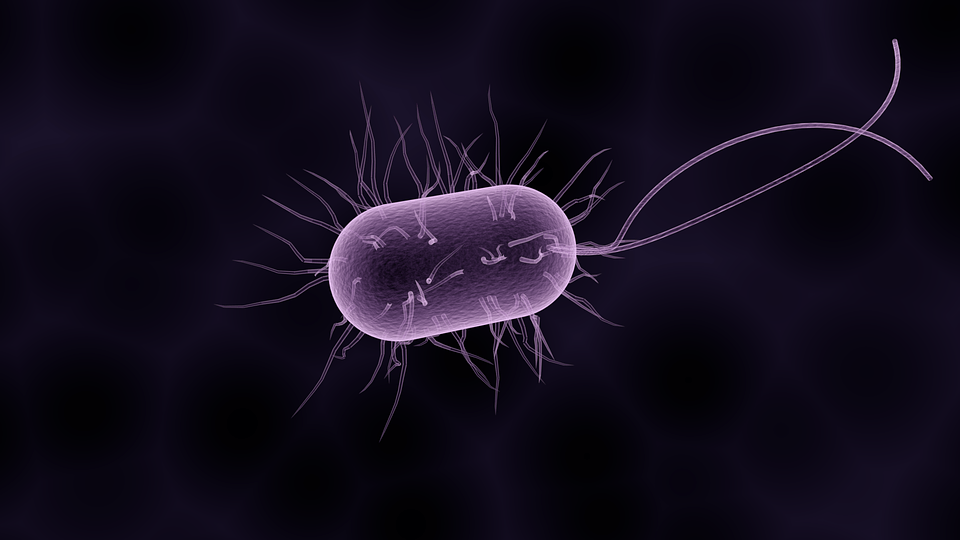Researchers from Aalborg University have devised a new method of identifying bacteria that could revolutionise bacteriological research.
Over the past 25 years, researchers worldwide have identified two million out of the world’s estimated one billion types of bacteria, but the new Danish method is 1,000 times faster than existing procedures.
“Using this method we can for the first time seriously consider making a complete ‘tree of life’ that includes all species of bacteria and other microorganisms,” Mads Albertsen, an associate professor from the Department of Chemistry and Bioscience and co-author of the findings, told Videnskab.dk.
“We’ve already used the method to identify some ‘blind’ spots in the ‘tree of life’, where we have discovered an incredibly diversity of life that we didn’t know of before. These areas could be the cornerstone for further research into how unicellular life became multicellular life.”
Albertsen hopes the method will be utilised to map as many bacteria as possible, to put together the tree of life and eventually, show the relationship between bacteria, plants and animals.
READ MORE: New AI centre to lift Danish research to new heights
Barcoded bacteria
Now for the science part.
When researchers set out to identify bacteria, they map the genes 16S rRNA and 18S rRNA, which act as a kind of unique bacterial fingerprint.
To analyse the two genes, researchers have long employed the so-called Sanger sequencing machine to map them and thereby ascertain which bacteria are in a sample.
However, another machine exists – the Illumina machine – which is 1,000 times faster than the Sanger machine, but the problem has been that the Illumina machine can only analyse gene sequences that are up to a couple of hundred base pairs long.
And until now, researchers have been unable to use the Illumina machine to analyse the 16S rRNA and 18S rRNA genes, as they are too long.
READ MORE: Danish research still packing strong global punch
Huge time-saver
But to circumvent this dilemma, the Danish researchers have designed a method that puts 15 small base pair-long gene sequences on the 16S rRNA and 18S rRNA genes. They are all different and function as a kind of barcode to differentiate bacteria.
That way they can cut the 16S rRNA and 18S rRNA genes up into small bits of 200-300 base pairs that they can analyse individually using an Illumina machine and then use the barcodes to see which bits belong together.
Using this method, the Danish researchers have managed to identify all mapped 16S rRNA and 18S rRNA genes, something that has taken the global scientific community 25 years to accomplish.
Many people might associate bacteria with something that makes us ill, but aside from also keeping us healthy, the little microorganisms have untold potential in a vast number of areas, including tackling climate change, medicine, waste processing and agriculture, to mention a few.
The findings were recently published in the scientific journal Nature Biotechnology.















